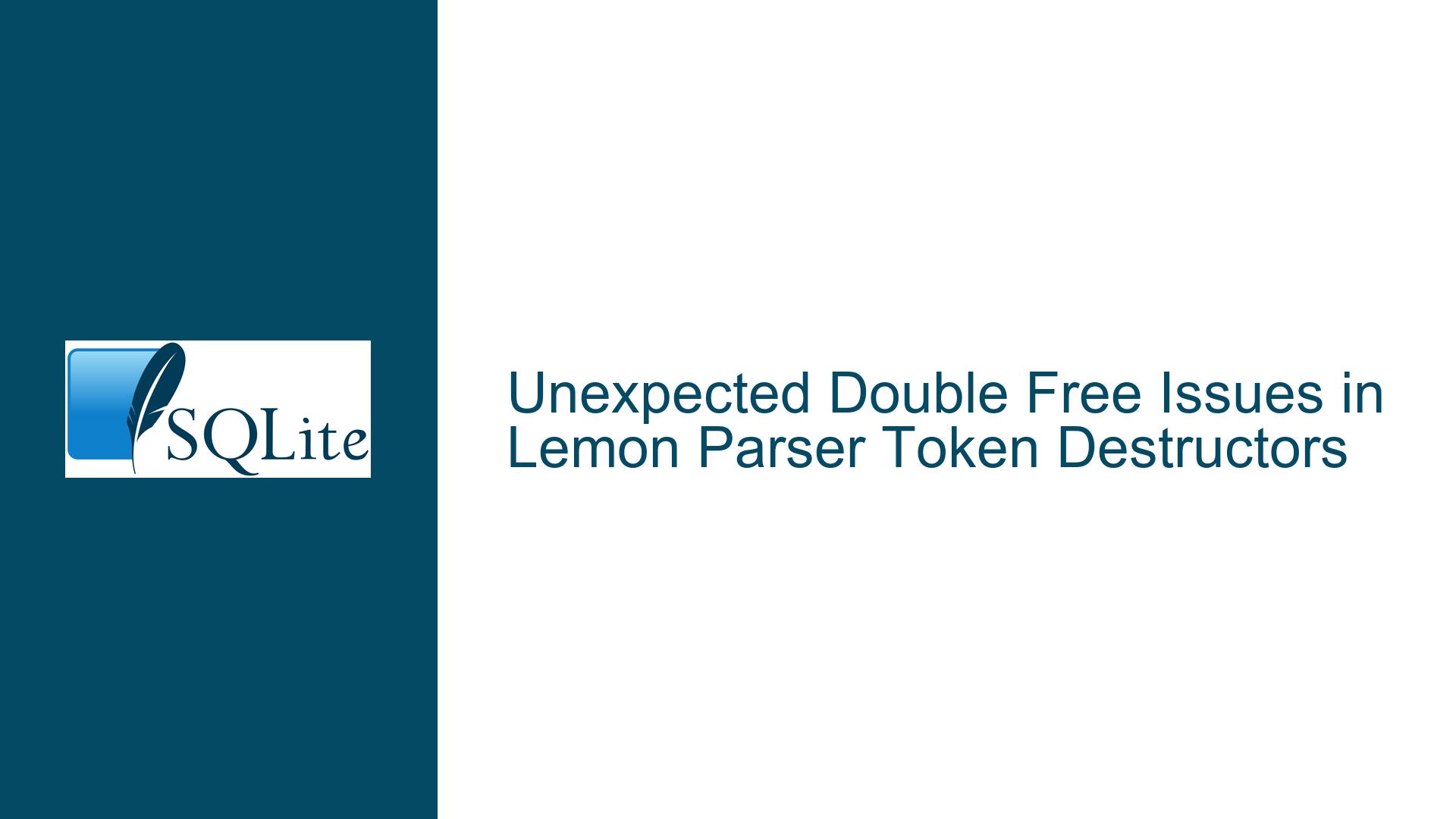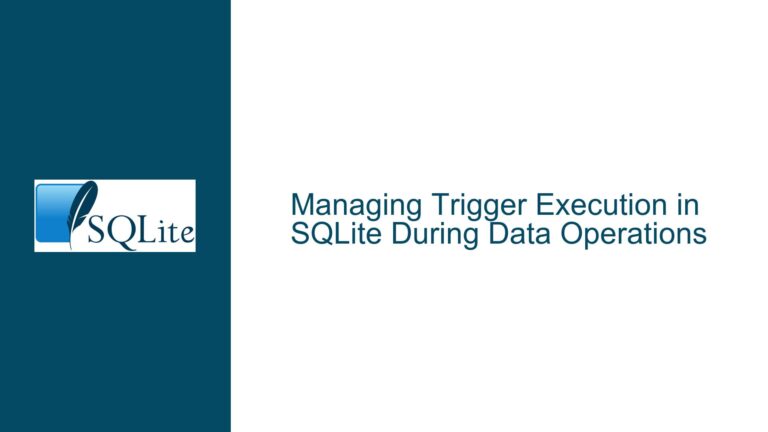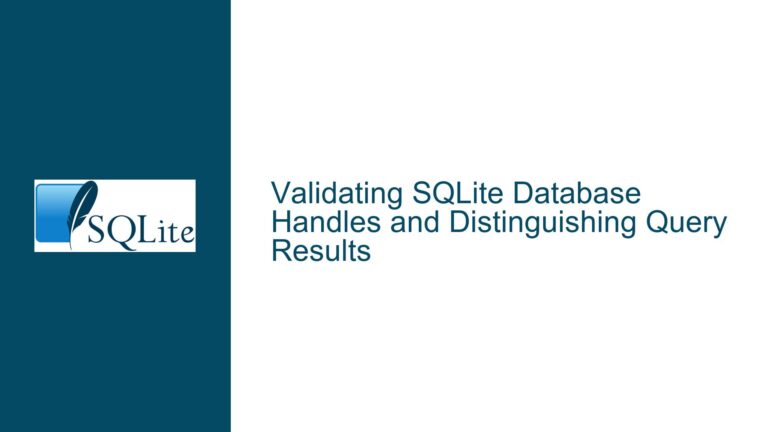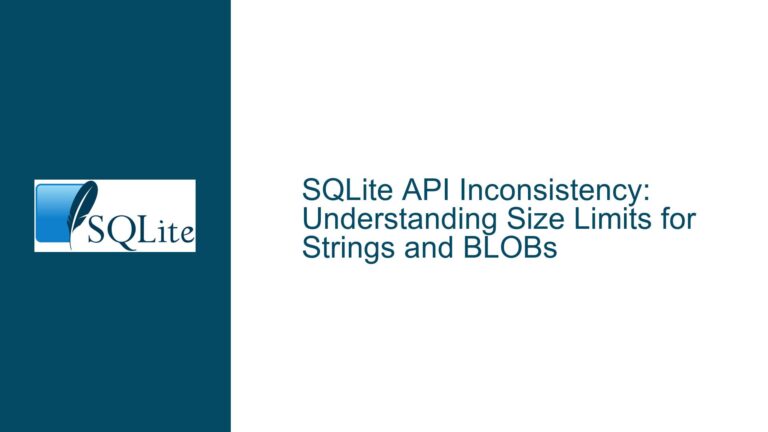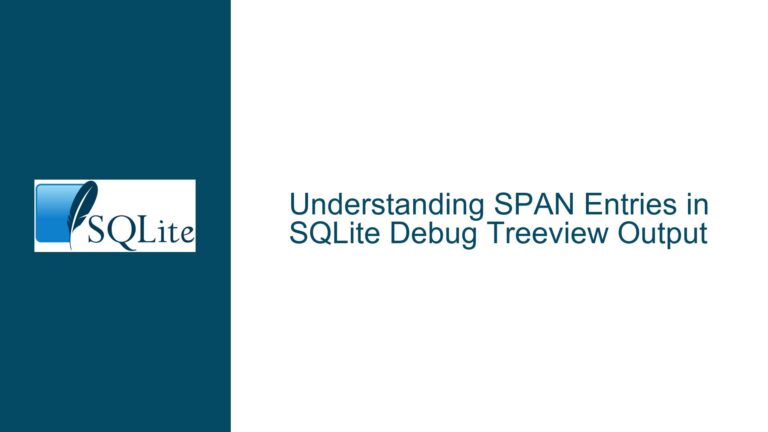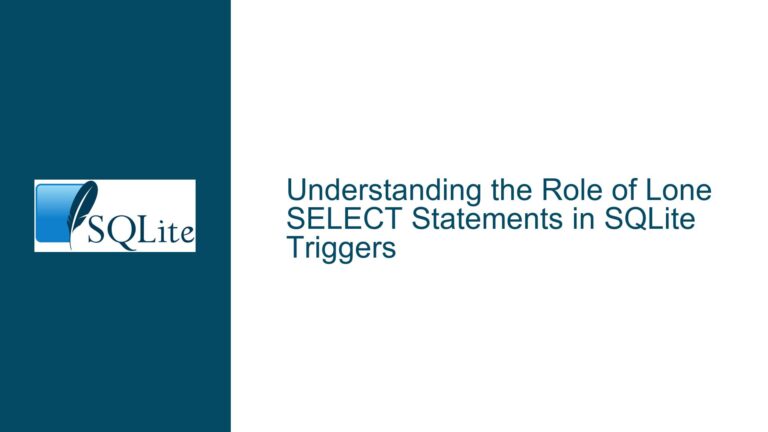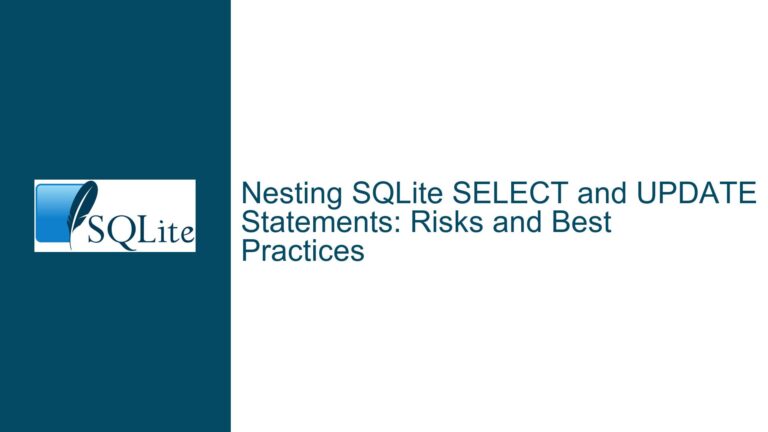Unexpected Double Free Issues in Lemon Parser Token Destructors
Memory Management Anomalies in Lemon Parser Token Destructors
When working with the Lemon parser generator, a common issue that can arise is the unexpected behavior of token destructors, particularly when tokens are freed multiple times. This problem manifests when the parser attempts to free the same memory address more than once, leading to potential memory corruption, undefined behavior, or application crashes. The issue is particularly perplexing because it often occurs in seemingly simple parsing scenarios, such as parsing JSON or other structured data formats.
The core of the problem lies in how Lemon handles the destruction of tokens during the parsing process. Lemon provides two mechanisms for token destruction: the %token_destructor and the %default_destructor. The %token_destructor is invoked when a token is explicitly destroyed, while the %default_destructor is called when the parser automatically cleans up tokens during its internal state transitions. In the observed behavior, a single token is being freed multiple times, first by the %token_destructor and then by the %default_destructor. This suggests that the parser is either misidentifying tokens for cleanup or failing to properly track which tokens have already been freed.
The issue is further complicated by the fact that the Lemon parser is a bottom-up parser, meaning it constructs the parse tree from the leaves (tokens) up to the root (the start symbol). During this process, the parser may reduce multiple tokens into a single non-terminal symbol, which can trigger the destructors for the original tokens. If the parser’s state management is not correctly configured, it may attempt to free the same token multiple times, leading to the observed anomalies.
Misconfigured Token Destructors and Parser State Management
The root cause of the unexpected double free issue in the Lemon parser can often be traced back to misconfigured token destructors or improper management of the parser’s internal state. One of the primary culprits is the incorrect use of the %token_destructor and %default_destructor directives. These directives are used to specify how tokens should be cleaned up when they are no longer needed by the parser. However, if these directives are not properly aligned with the parser’s state transitions, they can lead to multiple invocations of the destructor for the same token.
Another potential cause is the parser’s handling of token addresses. In the observed behavior, the same memory address is being freed multiple times, which suggests that the parser is not correctly tracking which tokens have already been freed. This could be due to a bug in the parser’s internal state management or an issue with how tokens are being passed between different states during the parsing process.
Additionally, the problem may be exacerbated by the use of custom memory allocators or token management functions. If the parser is not correctly interfacing with these custom functions, it may lead to inconsistencies in how tokens are allocated and freed. For example, if the parser is using a custom allocator that does not properly initialize or track memory addresses, it may result in the same address being assigned to multiple tokens, leading to the observed double free issue.
Resolving Double Free Issues with Proper Token Management and Parser Configuration
To resolve the double free issues in the Lemon parser, it is essential to carefully configure the token destructors and ensure that the parser’s state management is correctly handling token addresses. The following steps outline a comprehensive approach to troubleshooting and fixing the problem:
Review and Align Token Destructors: The first step is to review the
%token_destructorand%default_destructordirectives in the Lemon grammar file. Ensure that these directives are correctly aligned with the parser’s state transitions and that they are not being invoked multiple times for the same token. It may be necessary to add additional logging or debugging statements to track when and how these destructors are being called.Validate Token Address Management: Next, validate how token addresses are being managed by the parser. Ensure that the parser is correctly tracking which tokens have been freed and that it is not attempting to free the same address multiple times. This may involve reviewing the parser’s internal state management logic and ensuring that it is correctly handling token addresses during state transitions.
Use Consistent Memory Allocation: If custom memory allocators or token management functions are being used, ensure that they are consistently applied throughout the parsing process. This includes ensuring that the allocator is correctly initializing and tracking memory addresses, and that it is not assigning the same address to multiple tokens. Consider using a standard memory allocator (e.g.,
mallocandfree) to simplify the debugging process.Simplify the Grammar for Debugging: To isolate the issue, simplify the Lemon grammar to the minimum necessary to reproduce the problem. This may involve removing complex rules and focusing on a simple parsing scenario that exhibits the double free behavior. By simplifying the grammar, it becomes easier to identify the root cause of the issue and verify that any fixes are effective.
Implement Additional Logging and Debugging: Add additional logging and debugging statements to the parser to track the allocation and freeing of tokens. This can help identify where the double free issue is occurring and provide insight into the parser’s state transitions. For example, logging the memory addresses of tokens as they are allocated and freed can help identify patterns or inconsistencies in the parser’s behavior.
Test with Different Inputs: Test the parser with different inputs to ensure that the issue is not specific to a particular input or parsing scenario. This can help identify edge cases or unexpected behavior that may be contributing to the double free issue.
Consult the Lemon Documentation and Community: Finally, consult the Lemon documentation and community for additional guidance and support. The Lemon parser is a widely used tool, and there may be existing solutions or best practices for addressing the double free issue. Additionally, the Lemon community may be able to provide insights or suggestions based on their own experiences with the parser.
By following these steps, it is possible to identify and resolve the double free issues in the Lemon parser, ensuring that tokens are correctly managed and that the parser operates as expected. Proper configuration of token destructors, careful management of token addresses, and thorough debugging are key to resolving this issue and ensuring the stability and reliability of the parsing process.
Conclusion
The unexpected double free issues in the Lemon parser can be a challenging problem to diagnose and resolve, but with careful attention to token management and parser configuration, it is possible to identify and fix the root cause of the issue. By reviewing and aligning token destructors, validating token address management, and implementing additional logging and debugging, developers can ensure that the parser operates correctly and avoids the pitfalls of double freeing tokens. With these steps, the Lemon parser can be a reliable and efficient tool for parsing structured data formats, free from the memory management anomalies that can otherwise disrupt the parsing process.
